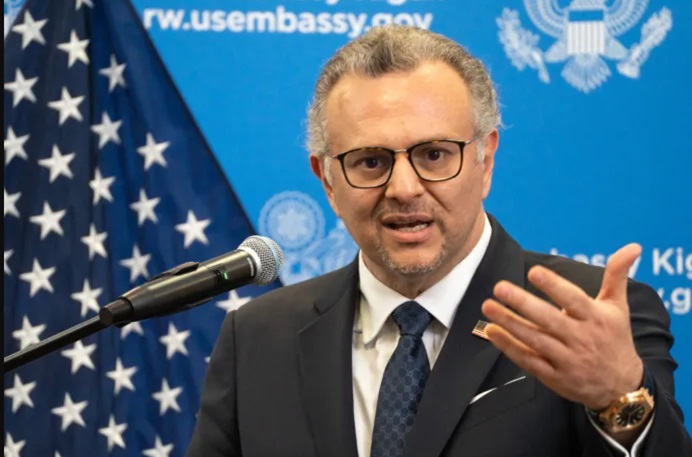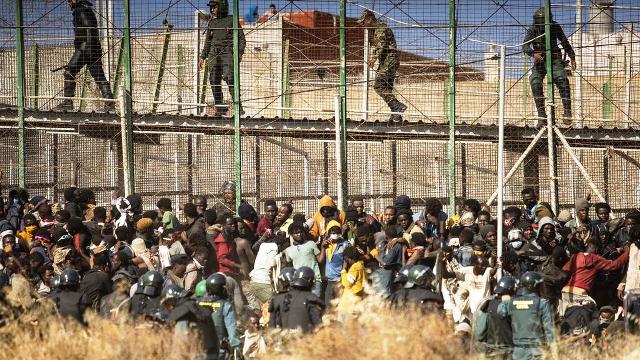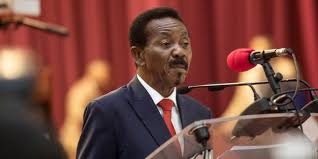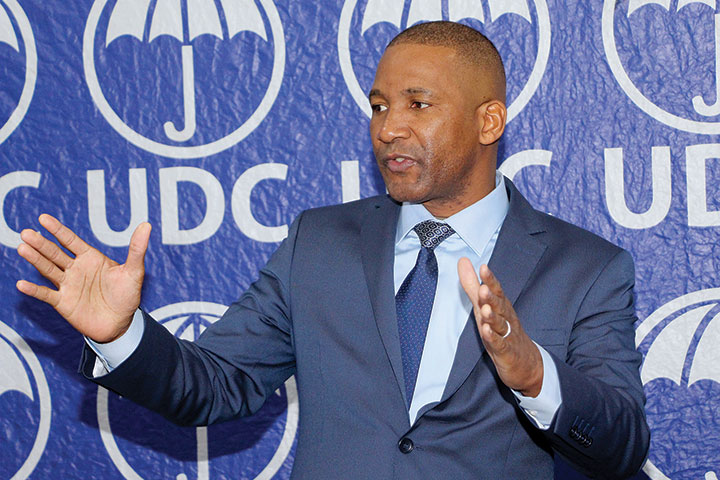
The recent statements made by Mr. Messad Boulos, personal advisor to the President of the United States to Alarabia TV, mark a significant turning point in Washington’s position on the Western Sahara conflict. By adopting a more nuanced and balanced tone, the United States now appears to be realigning with the core principles of international law and the United Nations process in its approach to this decades-old conflict.
What stands out in particular is the explicit recognition of the Polisario Front as a central actor in the search for a solution. This stance breaks away from repeated attempts by some parties to reduce the conflict to a mere bilateral dispute between Morocco and Algeria, thereby marginalizing the Sahrawi direct concerned. Some have even gone so far as to attempt to discredit Polisario Front by labeling it a terrorist movement — as evidenced by a wave of recent media campaigns around the world, clearly orchestrated by Morocco’s intelligence services (DGED) and paid lobbyists.
By asserting that the U.S. position should not be interpreted as an outright recognition of Moroccan sovereignty over the territory, and by emphasizing the need for a “mutually acceptable” solution, Mr. Boulos has reintroduced the requirement for genuine dialogue with the legitimate representative of the Sahrawi people.

Though cautious, this rhetorical shift seems to reflect a desire to return to a stance consistent with United Nations resolutions. Since 1963, the UN has treated the question of Western Sahara as a case of unfinished decolonization and has consistently called for a referendum on self-determination. In this sense, any credible and lasting solution cannot bypass the consultation of the Sahrawi people, through their recognized representative: the Polisario Front.
However, any positive development in the American position must be grounded in a fundamental truth: the Sahrawi people are the sole legitimate holders of sovereignty over Western Sahara. This inalienable right, enshrined in the founding texts of both the United Nations and the African Union, cannot be circumvented for the sake of geopolitical calculations, bilateral interests, or short- and long-term political transactions. Yet the reality on the ground remains defined by Morocco’s brutal and illegal military occupation of Sahrawi territory — an expansionist policy that constitutes a blatant violation of international law.
This occupation is not only a breach of legal norms, but also a direct threat to peace, regional security, and the fundamental principles that govern international relations. Accepting or even tolerating a policy of faits accomplis would be to open the door to further conflicts in other regions of the world — especially in Africa — based on equally arbitrary claims.
In this context, direct consultation of the Sahrawi people remains the only reliable, legal, and sustainable path to a just solution. No political process can succeed without a free and democratic expression of the people’s will, as provided for by over six decades of UN resolutions.
If the United States truly wishes to play a constructive and credible role, it must return to a position of strict neutrality — in accordance with international law and the principles of the UN Charter. Only then can U.S. involvement help revive a genuine peace process based on respect for the rights of peoples, rather than on short-sighted diplomatic calculations.
There is thus hope that this shift in American discourse will not remain mere rhetoric. To be credible, U.S. engagement must be accompanied by concrete actions: clear support for a free and fair referendum process, increased humanitarian assistance to Sahrawi refugees, and strong diplomatic pressure on Morocco to end its human rights violations in the occupied territories and halt its illegal exploitation of Sahrawi resources.
As a permanent member of the UN Security Council — and as a global power that claims to uphold international legality — the United States, along with other responsible states, can play a pivotal role in revitalizing a peace process grounded in the right to self-determination, a right the U.S. itself has historically championed as a cornerstone of its national identity. The question remains whether this new approach will endure and be translated into action aligned with the principles upheld by the international community.
One thing is certain: the time for half-measures and ambiguous compromises is over. Peace in Western Sahara cannot be imposed — it must be built on genuine justice and full respect for the will of the Sahrawi people. A people who have refused to submit to colonial diktats, whether Moroccan or backed by external interests, and who remain resolutely committed to continuing their legitimate struggle until full independence is achieved. Ignoring this reality is to doom any peace process to failure. The truth is simple: only the recognition of the Sahrawi people’s right to self-determination can open the door to a just, lasting, and genuinely shared peace.









